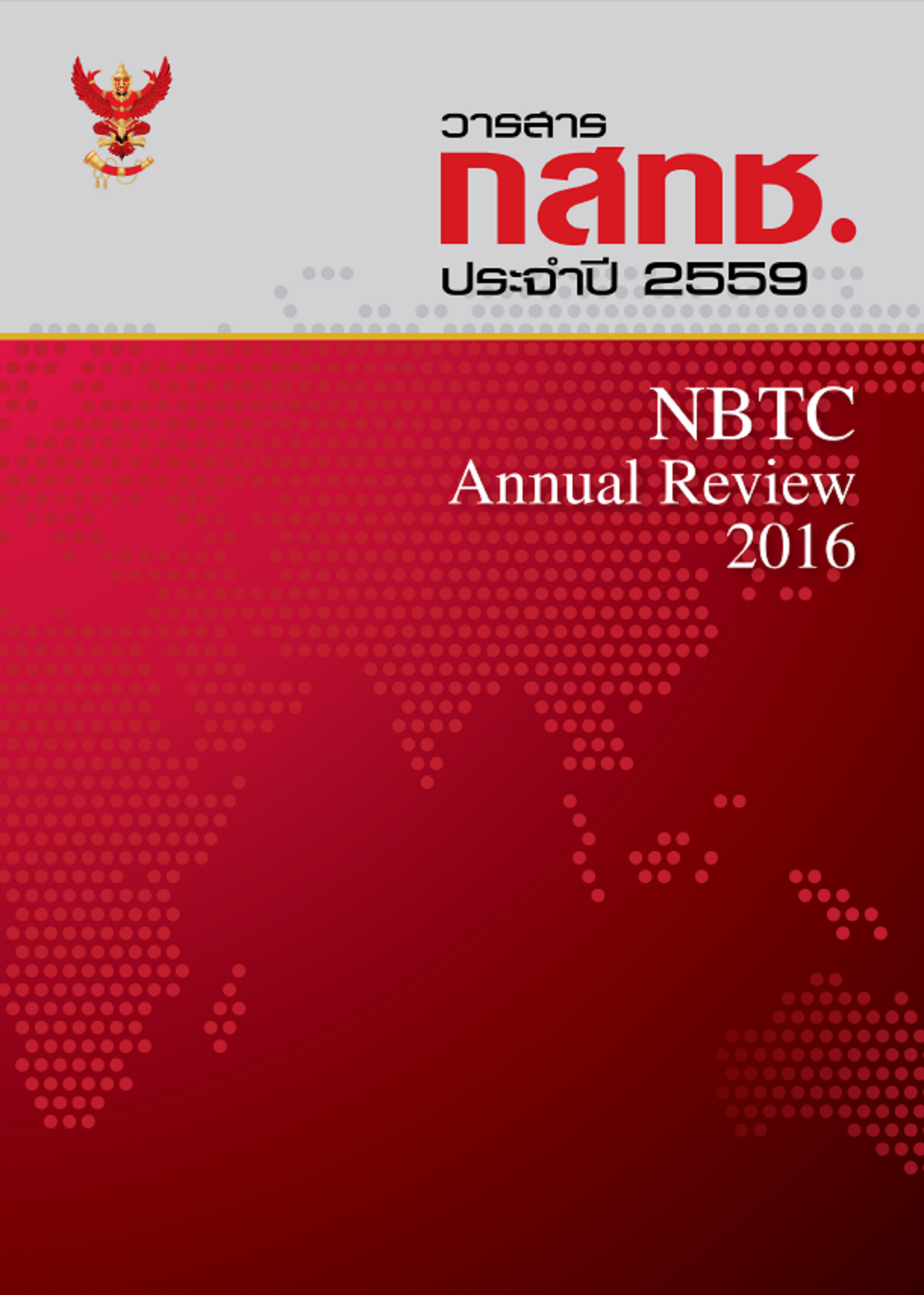DISPUTE RESOLUTION IN THE TELECOMMUNICATIONS SECTOR
Keywords:
Dispute resolution, Telecommunication sector, DisputantAbstract
The article aims to explain the dispute and dispute resolution in telecommunications sector. The telecommunications sector, nowadays, has been transformed by continuous technological developments, leading to the growth of global economic status. The contribution of this trend has made telecommunications dispute even more complicated in various relationships, arising amongst telecommunications operators, between telecommunications operators and consumers, between government and telecommunication operators, and between government and government.
Apart from the aforementioned types of disputes, the arising of telecommunications disputes could also be attributable to certain telecommunications operations; including, telecommunications liberalization and telecommunications regulatory. To effectively manage such complex issues requires different types of alternative dispute resolution. This depends on what means that parties would adopt to resolve those disputes.
References
สำนักงานคณะกรรมการกิจการกระจายเสียง กิจการโทรทัศน์ และกิจการโทรคมนาคมแห่งชาติ. (ม.ป.ป.), บทเรียนการเปิดเสรี
โทรคมนาคมและการประเมินผลการปฏิรูประบบโทรคมนาคมไทย. กรุงเทพฯ : ฮีซ์.
เสาวนีย์ อัศวโรจน์. (2554). คำอธิบายกฎหมายว่าด้วยการระงับข้อพิพาททางธุรกิจโดยอนุญาโตตุลาการ (พิมพ์ครั้งที่ 3).
กรุงเทพฯ : สำนักพิมพ์มหาวิทยาลัยธรรมศาสตร์.
สุปัน พูลพัฒน์. (2532). คำอธิบายประมวลกฎหมายแพ่งและพาณิชย์ ว่าด้วย ยืม ฝากทรัพย์ เก็บของในคลังสินค้า ประนีประนอม
ยอมความ การพนันขันต่อ (พิมพ์ครั้งที่ 4). กรุงเทพฯ : โรงพิมพ์แสวงสุทธิการพิมพ์.
จรัสพร รัตนวีระประดิษฐ์ และวีระ โลจายะ. (2557). ปัญหาทางกฎหมายในการกำกับดูแลการประกอบกิจการโทรคมนาคมใน
ประเทศไทย. วารสารบัณฑิตศึกษา มหาวิทยาลัยธุรกิจบัณฑิตย์. หน้า 153 – 161.
สมเกียรติ ตั้งกิจวานิชย์ และธราธร รัตนนฤมิตศร. (2548). ผลกระทบของการเปิดการค้าเสรีการค้าบริการและการลงทุนสาขา
โทรคมนาคมต่อประเทศไทย. กรุงเทพฯ : โรงพิมพ์มหาวิทยาลัยธรรมศาสตร์. หน้า 35 – 44.
วัชรพล สุวรรณจูฑะ. (2557). กระบวนการยุติทางเลือก. จุลสารพระธรรมนูญ อินไซด์. กรุงเทพ : กรมพระธรรมนูญศาลยุติธรรม.
หน้า 3 – 6.
ชาญวิทย์ สุวรรณะบุณย์ และนลินทิพย์ เทวรักษ์พิทักษ์. (2015). การระงับข้อพิพาทในกิจการโทรคมนาคมระหว่างผู้ประกอบ
กิจการโทรคมนาคม มหาวิทยาลัยศรีปทุม. วารสารบัณฑิตศึกษา : มหาวิทยาลัย ราชภัฏสวนสุนันทา.
R. R. Bruce, R. Macmillan, Debevoise & Plimpton, T. St. J. Ellam, H. Intven, T. Miedema, McCarthy Tetrault LLP for
the International Telecommunications Union and the World Bank. (2004). Dispute resolution in the
telecommunication sector: Current practices and Future Directions. Retrieved May 30, 2016, p. 6, from .
https://www.itu.int/ITU-D/treg/publications/ ITU_WB_Dispute_Res-E.pdf.
วีระนุช กมลยบุตร. (2554). การระงับข้อพิพาทในกิจการโทรคมนาคม (หลักสูตรผู้บริหารกระบวนการยุติธรรมระดับสูง (บ.ย.ส.).
กรุงเทพฯ : วิทยาลัยการยุติธรรม สำนักงานยุติธรรม.
Ray Uday Shanker Prasad. Dispute Settlement Process in the Telecommunications Sector in India – A Comparative
Analysis (Ph.D. Thesis). Jawaharalal Nehru University. Retrieved June 2, 2016, from https://shodhganga.
inflibnet.ac.in/handle/10603/14889.
กิจการกระจายเสียง กิจการโทรทัศน์ และกิจการโทรคมนาคมแห่งชาติ ว่าด้วยการไกล่เกลี่ยข้อพิพาทระหว่างผู้รับใบอนุญาต
ประกอบกิจการโทรคมนาคมและผู้ร้องเรียน พ.ศ. 2555
The Administrative Dispute Resolution Act of 1996
Constitution of the International Telecommunication Union
ข้อตกลงองค์การการค้าโลกว่าด้วยเรื่อง บริการโทรคมนาคมพื้นฐาน (Basic Telecommunications Services Agreement
Reference Paper.)
สำนักงานคณะกรรมการกิจการโทรคมนนาคมแห่งชาติ, เอกสารประกอบรายงานประจำปี 2550
Downloads
Published
How to Cite
Issue
Section
License
The Office of the NBTC holds the copyright of articles appearing in the journal. The Office of the NBTC allows the public or individuals to distribute, copy, or republish the work under a Creative Commons license (CC), with attribution (BY), No Derivatives (ND) and NonCommercial (NC); unless written permission is received from the Office of the NBTC.
Text, tables, and figures that appear in articles accepted for publication in this journal are personal opinion and responsibility of the author, and not binding on the NBTC and the Office of the NBTC. In case of errors, each author is solely responsible for their own article, and not concerning the NBTC and the NBTC Office in any way.



